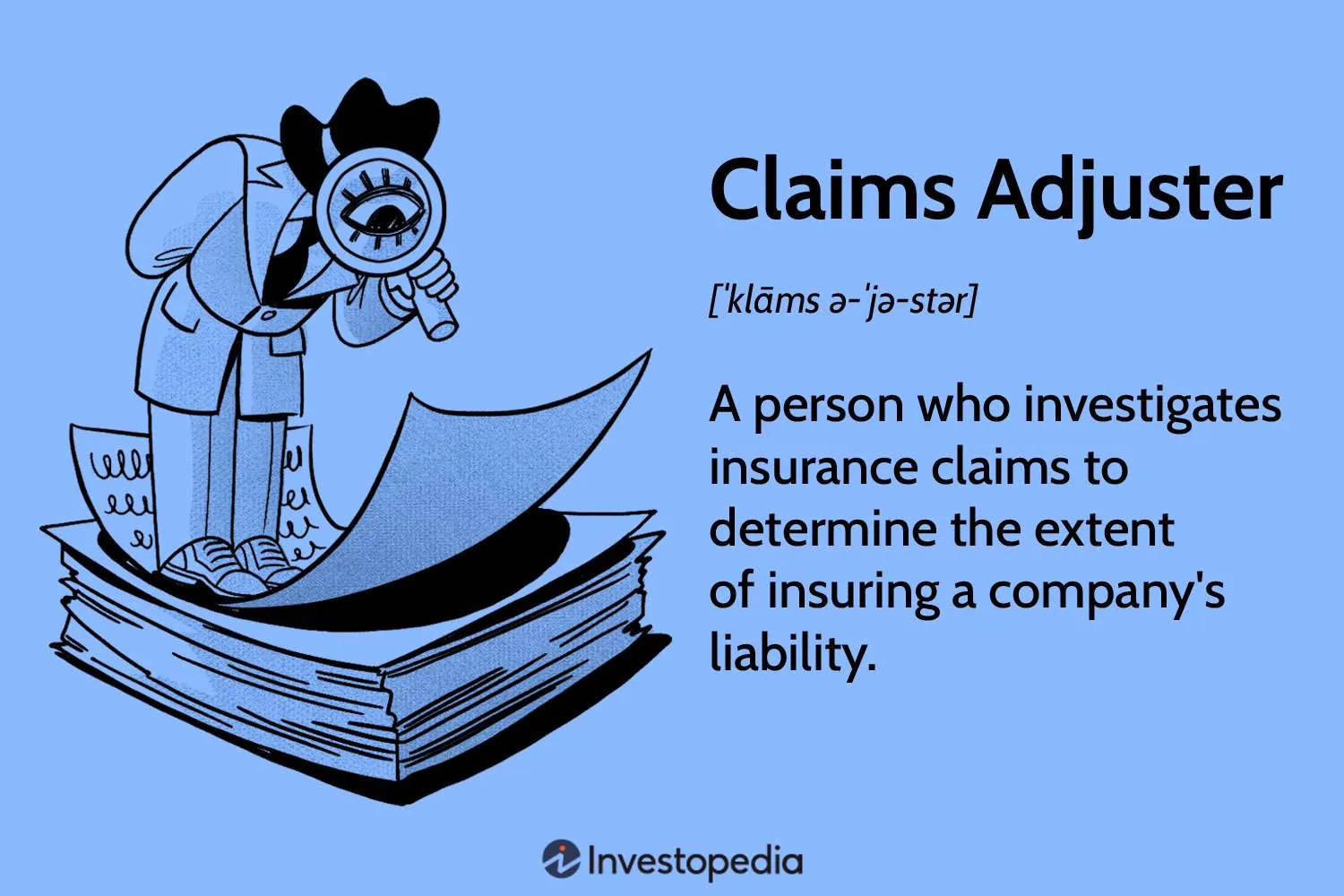- Introduction
- Understanding the Role of an Insurance Adjuster
- Reasons to Scare an Insurance Adjuster
- Preparation for Dealing with an Insurance Adjuster
- Psychological Tactics to Scare an Insurance Adjuster
- Presenting a Strong Case
- Dealing with Uncooperative Insurance Adjusters
- Ethical Considerations
- Conclusion
Introduction
Dealing with insurance companies can often be a complex and challenging process, especially when it comes to negotiating settlements with insurance adjusters. These professionals are responsible for assessing the value of a claim and determining the compensation that should be offered. However, in certain situations, it may be necessary to employ specific strategies to ensure fair treatment and maximize the potential settlement. This article aims to provide insights into how to scare an insurance adjuster effectively.
Understanding the Role of an Insurance Adjuster
Before diving into the tactics, it is important to understand the role of an insurance adjuster. They are employed by insurance companies and play a crucial role in evaluating claims made by policyholders. Their objective is to protect the interests of the insurer while ensuring a reasonable settlement for the claimant. However, adjusters often have a vested interest in minimizing claim payouts.
Reasons to Scare an Insurance Adjuster
-
Asserting Rights: Scaring an insurance adjuster can help claimants assert their rights and demand a fair settlement.
-
Maximize Settlement: Employing certain tactics can potentially increase the settlement offer from the insurance company.
-
Leveling the Playing Field: Adjusters are skilled negotiators, and using strategies to scare them can help balance the negotiation power.
Preparation for Dealing with an Insurance Adjuster
Before engaging with an insurance adjuster, thorough preparation is vital. This involves:
Gathering Evidence and Documentation
Compile all relevant evidence, such as medical records, police reports, photographs, and witness statements. Documenting the details of the incident and the resulting damages will strengthen your case.
Understanding Policy Coverage
Review your insurance policy to understand the coverage you are entitled to. Knowing the terms and limits of your policy will give you a clear idea of what to expect during negotiations.
Consulting with an Attorney
Consider seeking legal advice from an experienced attorney who specializes in insurance claims. They can provide guidance, protect your rights, and help navigate the complexities of the negotiation process.
Psychological Tactics to Scare an Insurance Adjuster
To create an impact during negotiations, employ the following psychological tactics:
Being Assertive and Knowledgeable
Project confidence and assertiveness during discussions with the adjuster. Being well-informed about your rights and having a thorough understanding of the claim details will make them take you more seriously.
Demonstrating a Willingness to Go to Trial
Express a genuine willingness to take the claim to court if necessary. This demonstrates your determination and may encourage the adjuster to reconsider their initial offer.
Highlighting Seriousness and Damages
Clearly communicate the severity of the incident, emphasizing the physical and emotional damages you have suffered. Providing medical reports and expert opinions can help strengthen your case.
Presenting a Strong Case
To maximize the impact of your claim, focus on presenting a strong case with compelling evidence
Providing Medical Reports and Expert Opinions
Obtain comprehensive medical reports and expert opinions to substantiate your injuries and their long-term implications. This evidence carries significant weight in negotiations.
Emphasizing Emotional Distress
Document the emotional distress resulting from the incident, as it can have a profound impact on your overall well-being. Share how the incident has affected your daily life and mental health.
Presenting Photographic Evidence
Visual evidence in the form of photographs can be compelling. Capture images of the accident scene, property damage, injuries, and any relevant factors that support your claim.
Dealing with Uncooperative Insurance Adjusters
In some instances, insurance adjusters may be uncooperative or reluctant to offer a fair settlement. If faced with such a situation:
- Maintain Professionalism: Keep your composure and remain professional throughout the negotiation process.
- Escalate the Matter: If negotiations stall, escalate the issue to a higher authority within the insurance company.
- Legal Recourse: If all negotiation attempts fail, consult with your attorney to explore legal options.
Ethical Considerations
While it is important to assert your rights during the negotiation process, it is equally crucial to maintain ethical conduct. Avoid resorting to dishonesty or fraudulent tactics, as they may harm your credibility and legal standing.
Conclusion
Navigating the negotiation process with an insurance adjuster requires careful preparation, assertiveness, and presentation of a strong case. By understanding the role of an adjuster, employing psychological tactics, and presenting compelling evidence, claimants can increase their chances of achieving a fair settlement. Remember to maintain professionalism and adhere to ethical standards throughout the process.
FAQs
Q: Can scaring an insurance adjuster result in negative consequences?
A: Scaring an adjuster is about asserting your rights, but it’s important to maintain professionalism and avoid unethical practices.
Q: Is it necessary to hire an attorney when dealing with an insurance adjuster?
A: While not mandatory, an experienced attorney can provide valuable guidance and improve your chances of receiving a fair settlement.
Q: How long does the negotiation process typically take?
A: The duration varies depending on the complexity of the claim and the cooperation of the insurance adjuster. It can range from weeks to months.
Q: What should I do if an insurance adjuster denies my claim?
A: Consult with an attorney to explore legal options and determine the best course of action based on your specific situation.
Q: Can I negotiate with an insurance adjuster on my own?
A: Yes, it is possible to negotiate independently. However, be prepared for the challenges and consider seeking professional advice if needed.









